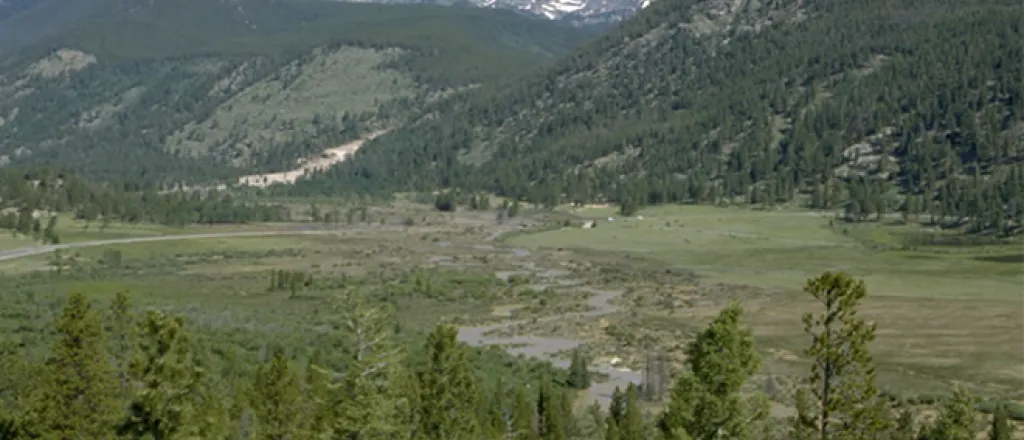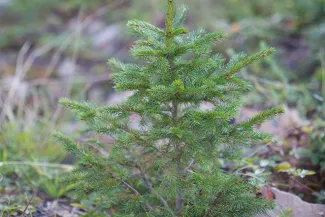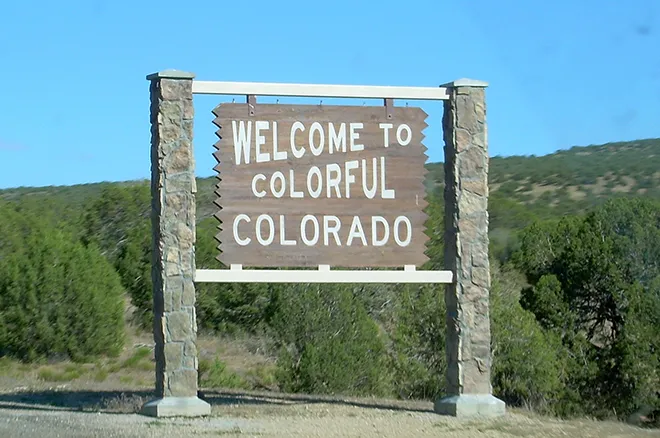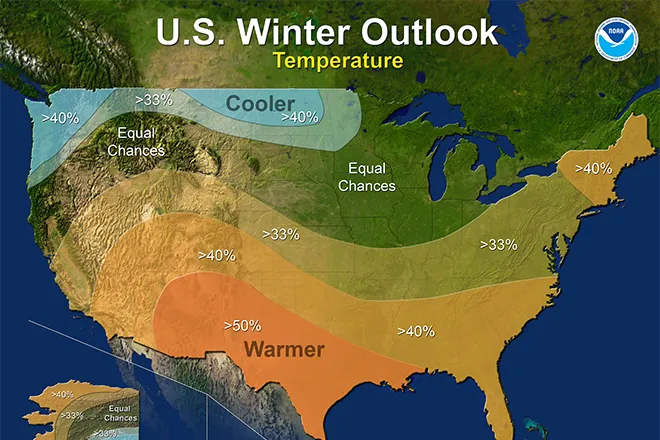
Forest Service wants public comments on old-growth forest protections
Public domain - Wikimedia
Click play to listen to this article.
(Colorado News Connection) The timber industry is pushing back against the Biden administration's proposal to limit commercial logging in the nation's last old-growth forests.
The move announced last month would put restrictions on harvesting within a small fraction of lands managed by the U.S. Forest Service.
Josh Hicks, conservation director for The Wilderness Society, sees the proposal as an important step to conserve the remaining 8 percent of old-growth forests so they can do what they do best: store carbon and stabilize ecosystems.
"After centuries of logging, and now more recently climate-driven impacts from severe wildfire and drought, there's not a lot of old growth left in the country or in Colorado," Hicks pointed out. "It's just a fraction of what it used to be."

Red spruce tree.
Forests absorb carbon pollution directly from the air, and are seen as an important tool for mitigating climate change. But industry groups worry the proposal will prompt lawsuits aiming to block logging projects, including those seen as necessary to reduce the scale of wildfires. Some environmental groups say protections should be extended to mature forests currently managed for timber production.
Hicks acknowledged the new proposal, which is open to public comment through February 2, will need industry to help clear out heavy fuel loads which can lead to bigger and more powerful wildfires. But he noted economics will no longer be the driving factor in some forest management decisions. Managers would prioritize ecological concerns involving old growth conservation.
"The younger trees that come out of the forest to reduce the fuel loads, the companies that pick up these contracts can still find economic value for this," Hicks contended. "This is not to remove industry, and in fact I feel like industry is part of the solution here."
Old-growth forests are home to an abundance of diverse plant and animal species, and Hicks argued keeping the ecosystems intact can help preserve biodiversity as the fallout from climate change takes hold. He added the new policy would not only conserve the last stands of old growth, it will also foster the creation of more old-growth forests for future generations.
"We are facing an extinction crisis," Hicks stressed. "Given that these old-growth forests are more resilient to these climate stressors, they will become increasingly important for the survival of many species."

















